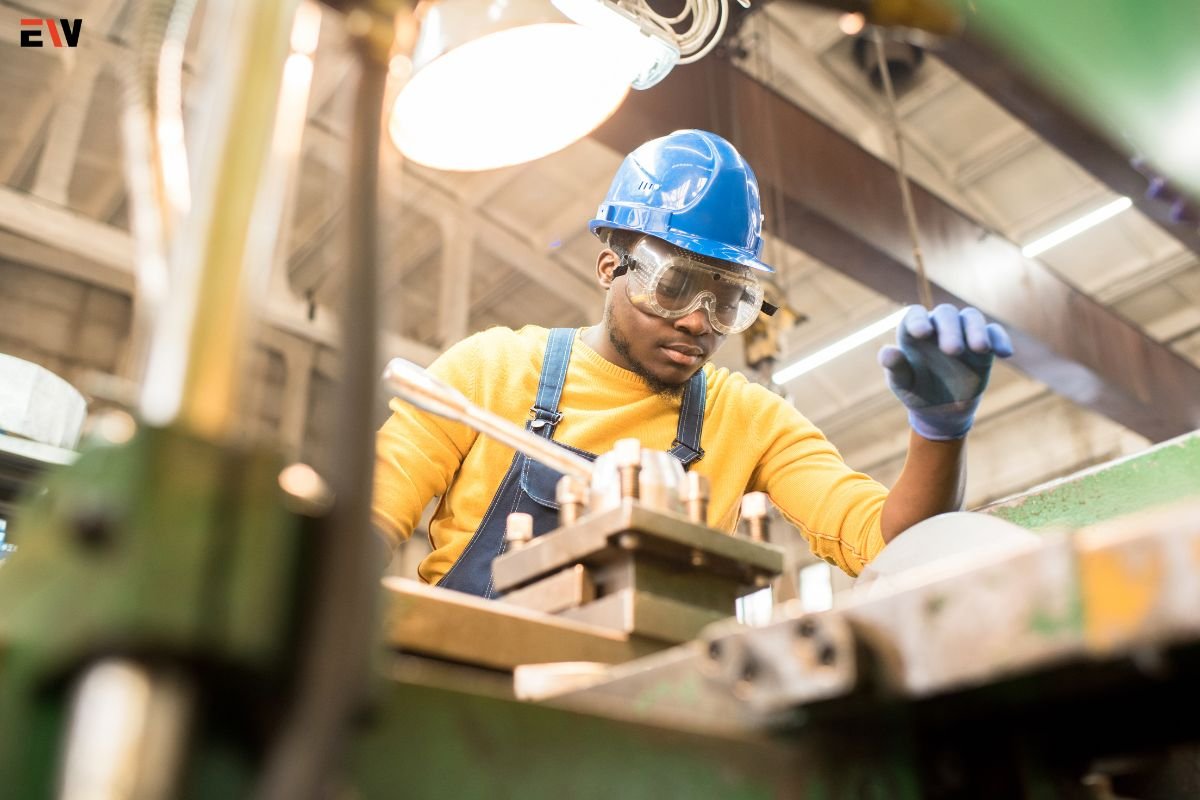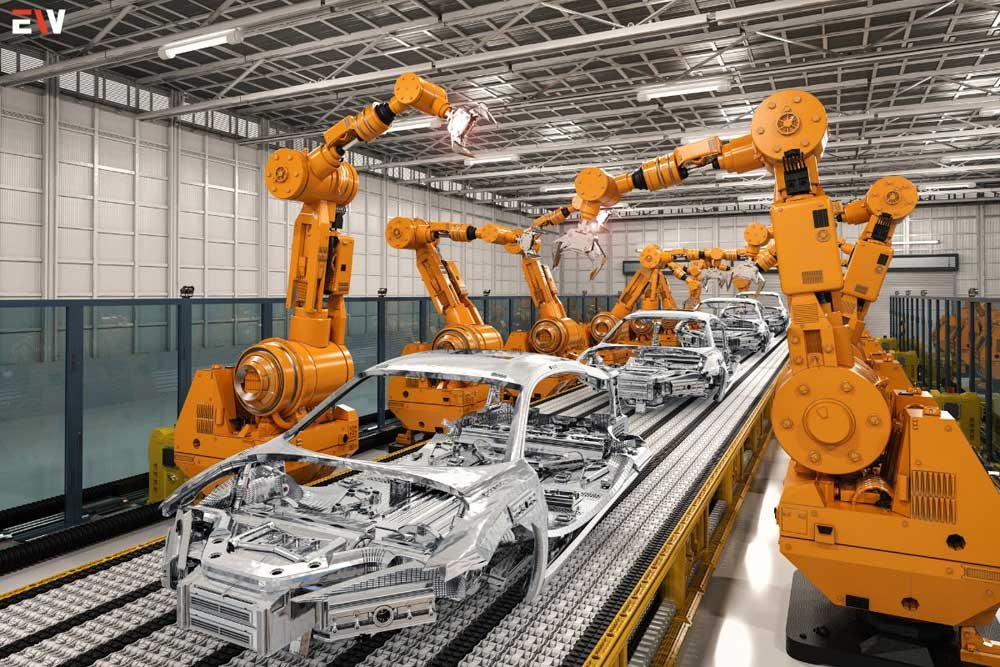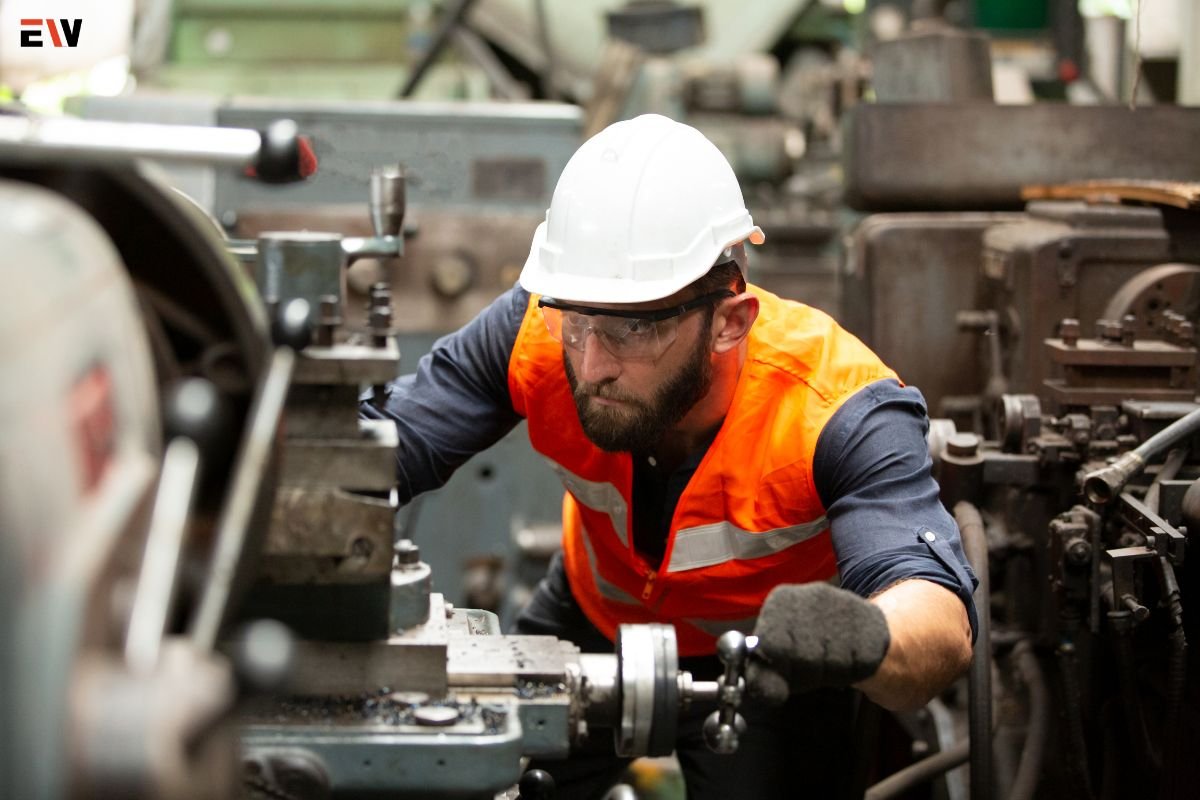In modern manufacturing, machines play a pivotal role in shaping efficiency, productivity, and innovation. From assembly lines to advanced robotics, machines have revolutionized the manufacturing landscape, enabling companies to produce goods faster, with higher precision, and at lower costs. In this comprehensive exploration, we delve into the significance of machines in manufacturing, examining their impact on production processes, workforce dynamics, and the future of manufacturing industries worldwide.
The Evolution of Machines in Manufacturing:
The history of machines in manufacturing traces back centuries, with notable milestones marking significant advancements in industrial automation. From the invention of the steam engine and the assembly line to the rise of computer numerical control (CNC) machines and industrial robots, each technological leap has reshaped the manufacturing landscape, driving efficiency gains and unlocking new possibilities for innovation.
1. Industrial Revolution
The first industrial revolution, characterized by the mechanization of production processes, saw the emergence of steam-powered machinery, such as spinning jennies and power looms, which revolutionized textile manufacturing and laid the foundation for modern factory systems.
2. Mass Production
The advent of the assembly line in the early 20th century, pioneered by Henry Ford in automotive manufacturing, enabled mass production of standardized goods at unprecedented speeds, reducing production costs and democratizing consumer access to goods.
3. Automation and Robotics
The integration of automation technologies and robotics in manufacturing processes has ushered in a new era of precision, flexibility, and scalability. Industrial robots equipped with advanced sensors, actuators, and artificial intelligence (AI) capabilities can perform a wide range of tasks with speed, accuracy, and repeatability, enhancing productivity and quality control.
4. Digitalization and Industry 4.0

The fourth industrial revolution, often referred to as Industry 4.0, is characterized by the convergence of digital technologies, data analytics, and interconnected systems in manufacturing. Smart machines, Internet of Things (IoT) devices, and cyber-physical systems enable real-time monitoring, predictive maintenance, and adaptive production processes, driving efficiency gains and enabling agile, data-driven decision-making.
The Impact of Machines on Manufacturing:
1. Enhanced Efficiency and Productivity
Machines in manufacturing streamline production processes, minimize manual labor, and optimize resource utilization, leading to significant efficiency and productivity gains. Automated equipment can operate 24/7 with minimal downtime, accelerating throughput and reducing cycle times, thereby increasing output and lowering unit costs.
2. Improved Quality and Consistency
Machines excel in performing repetitive tasks with precision and consistency, resulting in higher product quality and reduced variability. Advanced manufacturing technologies, such as computer-aided design (CAD), computer-aided manufacturing (CAM), and CNC machining, enable tight tolerances, complex geometries, and superior surface finishes, meeting stringent quality standards and customer expectations.
3. Workforce Dynamics and Skills Development
While machines augment and complement human labor in manufacturing, they also necessitate shifts in workforce dynamics and skill requirements. As routine tasks become automated, there is a growing demand for workers with technical expertise in operating, programming, and maintaining advanced machinery, as well as soft skills such as problem-solving, critical thinking, and adaptability.
4. Innovation and Customization
Machines empower manufacturers to innovate and customize products in response to changing market demands and consumer preferences. Flexible manufacturing systems, additive manufacturing technologies (3D printing), and digital design tools enable rapid prototyping, iterative design cycles, and mass customization, fostering agility and competitiveness in the marketplace.
5. Safety and Ergonomics

Automation and robotics enhance workplace safety by reducing the risk of accidents, injuries, and ergonomic strain associated with manual labor. Robots can perform hazardous tasks in environments such as welding, painting, and material handling, minimizing exposure to dangerous conditions and improving employee well-being.
The Future of Machines in Manufacturing:
1. Advancements in Artificial Intelligence and Machine Learning
The integration of AI and machine learning algorithms into manufacturing equipment promises to unlock new capabilities in predictive maintenance, autonomous operation, and adaptive manufacturing. Smart machines can analyze vast amounts of sensor data in real time, identify patterns, and optimize production parameters to enhance efficiency and performance continuously.
2. Collaborative Robotics and Human-Machine Interaction
Collaborative robots, or cobots, are designed to work alongside human operators in shared workspaces, facilitating closer collaboration and interaction between humans and machines. Cobots excel in tasks that require dexterity, flexibility, and adaptability, such as assembly, inspection, and packaging, enhancing productivity and safety in manufacturing environments.
3. Sustainable Manufacturing Practices
Machines are instrumental in driving sustainable manufacturing practices by optimizing resource efficiency, minimizing waste generation, and reducing environmental impact. Advanced technologies, such as additive manufacturing and digital simulation, enable lightweight, material optimization, and energy-efficient production processes, aligning with sustainability goals and regulatory requirements.
4. Reshoring and Localization

The increasing adoption of automation and robotics in manufacturing is reshaping global supply chains and driving a trend toward reshoring and localization. By leveraging automation technologies, manufacturers can reduce reliance on offshore production facilities, mitigate supply chain risks, and respond more agilely to market fluctuations and geopolitical uncertainties.
Conclusion:
Machines are the backbone of modern manufacturing, driving efficiency, innovation, and growth across industries. From the mechanization of production processes to the advent of smart factories and cyber-physical systems, machines continue to redefine the manufacturing landscape, offering new possibilities for productivity, customization, and sustainability. As manufacturers embrace digitalization, automation, and artificial intelligence, the role of machines in manufacturing will continue to evolve, shaping the future of the industry and driving economic prosperity in a globally interconnected world.










